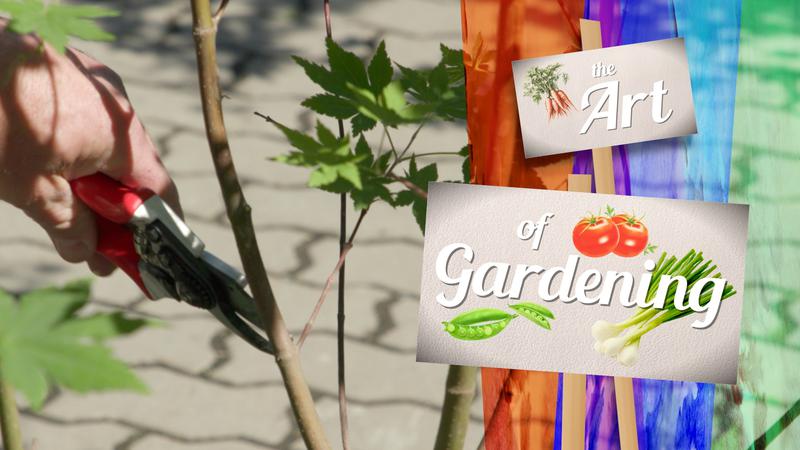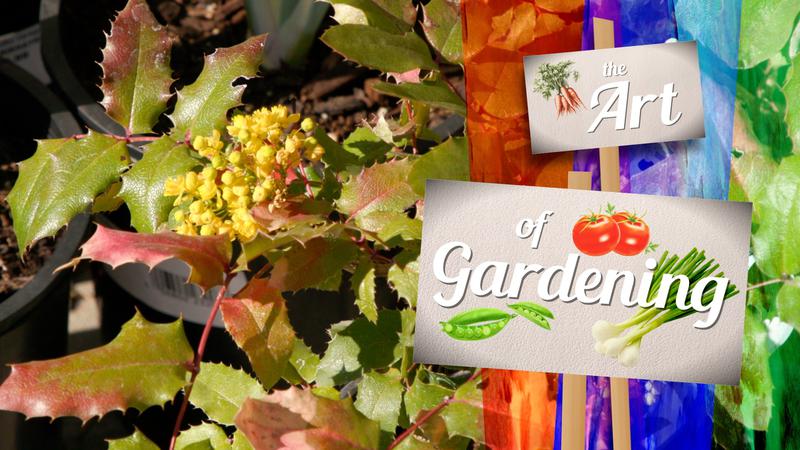NHL Notebook: Where does hockey inclusivity conversation go from here?
Brock McGillis was impressed with how proactively the Toronto Maple Leafs handled allegations that a homophobic slur had been uttered during their game against the Tampa Bay Lightning on Monday night.
Star defenceman Morgan Rielly, who the NHL said following an investigation didn’t direct an anti-gay remark at a referee, and general manager Kyle Dubas spoke with reporters for more than 15 minutes the following afternoon, answering questions and meeting the issue head-on.
They talked about how important inclusivity, safe environments and stamping out homophobia is to both themselves and the organization.
Dubas has marched in Pride parades. Rielly is interested in getting involved moving forward.


